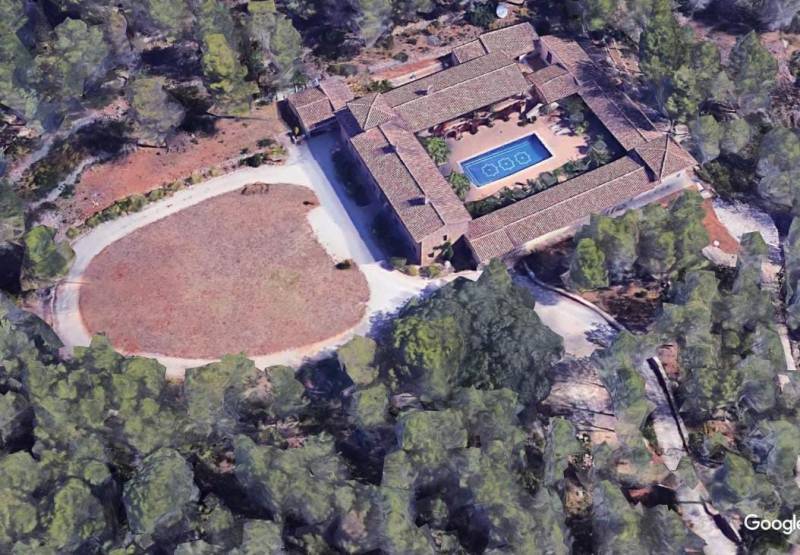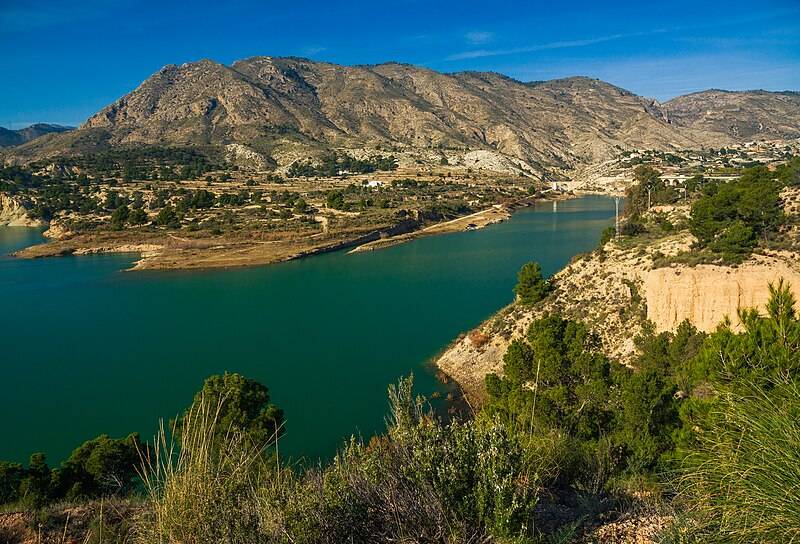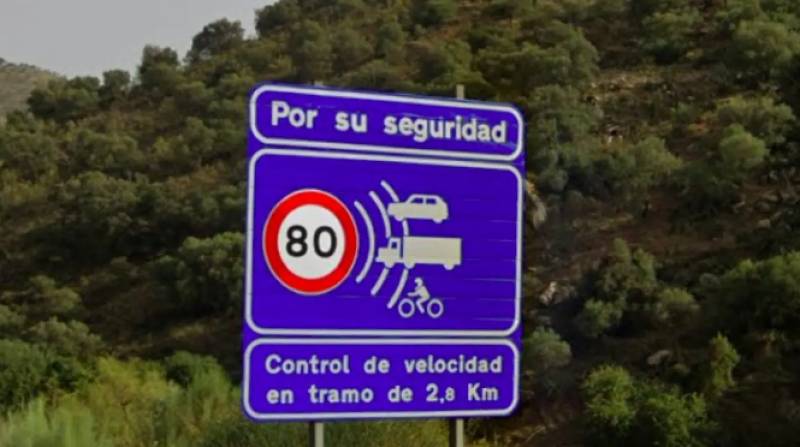- Region
- Vega baja
- Marina Alta
- Marina Baixa
- Alicante
- Baix Vinalopo
- Alto & Mitja Vinalopo
-
ALL TOWNS
- ALICANTE TOWNS
- Albatera
- Alfaz Del Pi
- Alicante City
- Alcoy
- Almoradi
- Benitatxell
- Bigastro
- Benferri
- Benidorm
- Calosa de Segura
- Calpe
- Catral
- Costa Blanca
- Cox
- Daya Vieja
- Denia
- Elche
- Elda
- Granja de Rocamora
- Guardamar del Segura
- Jacarilla
- Los Montesinos
- Orihuela
- Pedreguer
- Pilar de Horadada
- Playa Flamenca
- Quesada
- Rafal
- Redovan
- Rojales
- San Isidro
- Torrevieja
- Comunidad Valenciana
article_detail
Enormous 5-metre shark washes up in Spain
This is the second dead shark found off the coast of Alicante in a few days
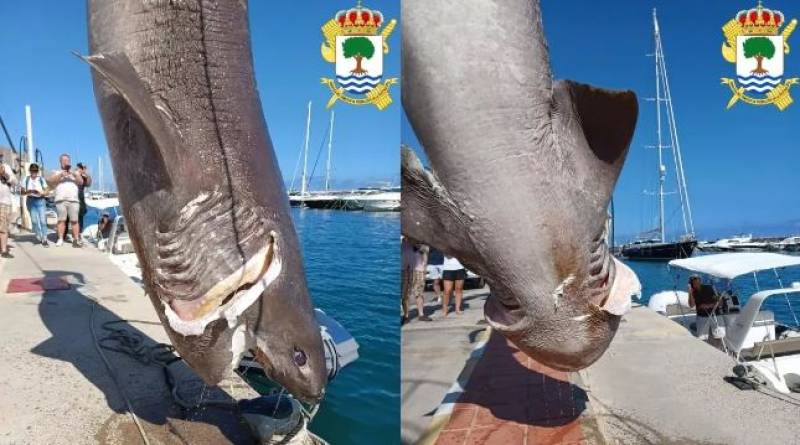
Two incredible finds in recent days have stunned the scientific community in Alicante. On May 25, a huge female shark measuring 4.61 metres in length was pulled from the surf in Altea. At first, experts believed it could be a young megalodon, a species that is extinct.
However, closer examination revealed the shark to be a cañabota, but the appearance of this specimen was no less significant. This breed lives in the very depths of the ocean and is hardly ever seen, so any chance to examine one is a rare event indeed.
The Altea shark was spotted by a local nautical company, and a team from the University of Valencia was quickly called in to take samples of its teeth, skin and parasites.
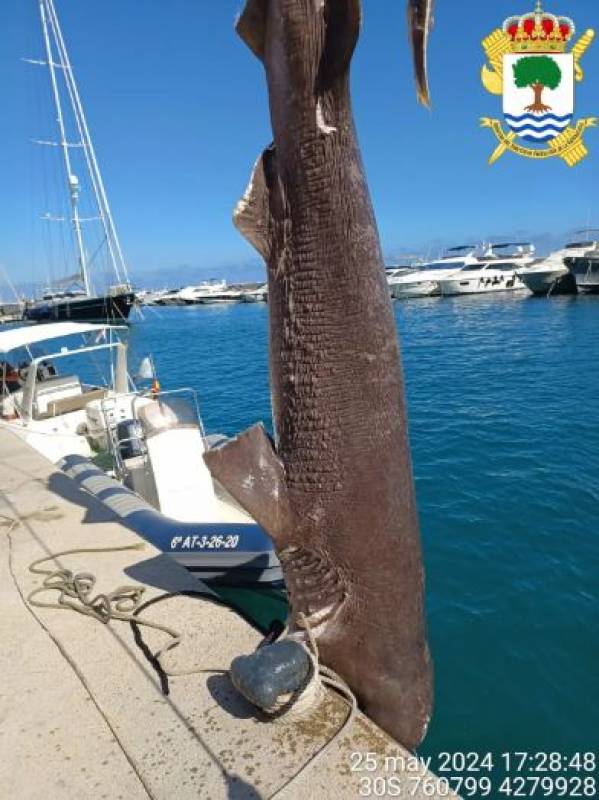 Just a few days before, the Maritime Service of the Guardia Civil and SEPRONA found another dead cañabota off the coast of Alicante and this was also towed into the port for analysis. It’s not yet known what killed these rare sharks, or if their deaths were somehow linked.
Just a few days before, the Maritime Service of the Guardia Civil and SEPRONA found another dead cañabota off the coast of Alicante and this was also towed into the port for analysis. It’s not yet known what killed these rare sharks, or if their deaths were somehow linked.The cañabota (Hexanchus griseus) or Bluntnose sixgill shark is the largest shark that lives on the Mediterranean seabed and has been known to reach depths of almost 2,000 metres. This scavenger shark, which feeds exclusively on the bodies of dead animals, is the only shark breed in the Mediterranean with six gill slits.
Since glimpses of the species are so uncommon, any data that can be gleaned from the dead sharks is invaluable to help scientists to better understand this deep-sea creature.
The Marine Zoology unit of the University of Valencia has set up what’s known as the VARACOMVAL project, which is made up of a group of dedicated experts whose mission is to learn everything they can about the cañabota.
Images: SIMBIOSI ESPAI AMBIENTAL
staff.inc.ali
Loading
See more news about animals in Spain:
OR
Sign up for the Spanish News Today Editors Roundup Weekly Bulletin to get a comprehensive email with all the week’s news for Spain, Murcia, Alicante and Andalucía.
Get a sneak peek – here are a few of our recent Subscription Bulletins:
Discount Special Offer subscription:
36.95€ for 48 Editor’s Weekly News Roundup bulletins!
Please CLICK THE BUTTON to subscribe.
Contact Murcia Today: Editorial 000 000 000 /
Office 000 000 000



















